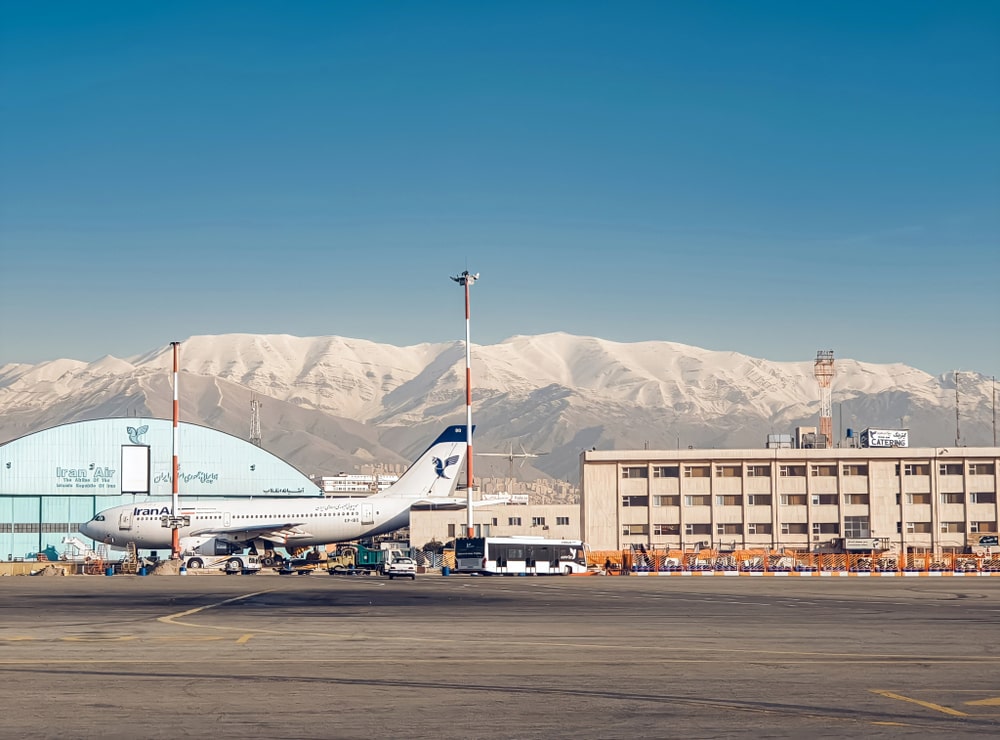
Foreign flights to and from Iran have been cancelled, and shares have fallen on the Iranian Stock Market, in the wake of what is expected to be an Israeli strike on Iran in response to Iran’s ballistic missile attacks on Israel earlier this month.
Airlines including Emirates, Qatar Airways, and Turkish Airlines have already suspended flights earlier this month. Many Gulf Airlines have rerouted their routes and have suspended flights to Iran, Iraq, Israel and Jordan, to protect both flight crew and passengers, following rising tensions in the region.
Consequently, this has created both soaring costs and extended travel times for passengers still trying to reach Iran.
Last week, Iran Air, Iran’s flagship carrier, cancelled flights to European destinations following sanctions imposed by the European Union over claims of Iran transferring ballistic missiles to Russia for use against Ukraine, a claim that Iran denies.
Tedpix, the main index at Tehran’s Stock Exchange fell by 6% from 30th Sept to 21st October, while the Rial, Iran’s currency fell by 5% against the US dollar in the same period.
Many analysts believe that further confrontation will place significant pressure on Iran’s sanction-hit economy which has been marked by higher costs and unemployment along with rising societal tensions.

Related Articles
Aviation
Aviation
Aviation